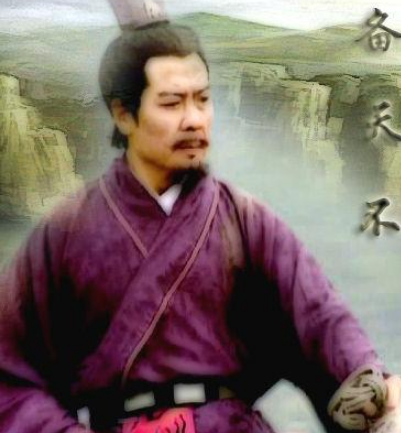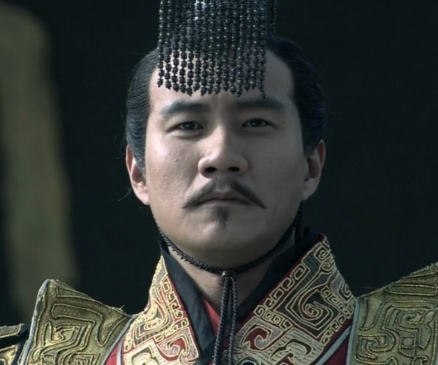In ancient Chinese history, Liu Bei, as the founding emperor of the Shu Han Dynasty, was always renowned for his benevolence and morality. However, throughout his life, there were also some top talents who slipped by him. If these talents had been given important positions, they might have had a significant impact on history. The following are five top talents that Liu Bei missed in his lifetime.

Zhao Yun: Zhao Yun was a famous general of the Shu Han Dynasty during the Three Kingdoms period. He was loyal and brave, and had repeatedly established military achievements. However, when Liu Bei first entered Jingzhou, Zhao Yun did not receive important positions. It was until the Battle of Changbanpo, when Zhao Yun displayed his prowess in protecting Liu Bei's son Liu Shan, that he finally gained Liu Bei's recognition. If Liu Bei had discovered Zhao Yun's talents earlier, perhaps the history of Shu Han would have been more glorious.
Chen Gong: Chen Gong was a strategist in the late Eastern Han Dynasty. He had served people like Cao Cao and Lu Bu. After Lu Bu was defeated by Cao Cao, Chen Gong went to serve Liu Bei. However, due to Liu Bei's concerns about Chen Gong's past experiences, he failed to give him sufficient trust and important positions. Ultimately, Chen Gong did not fully utilize his talents under Liu Bei.
Ma Chao: Ma Chao was the son of Ma Teng, a famous general from Xiliang. He was brave and skilled in battle. After his father was defeated by Cao Cao, Ma Chao once sought refuge with Liu Bei. However, due to various reasons, Ma Chao did not establish military achievements under Liu Bei. If Liu Bei had given Ma Chao more trust and support, perhaps the military strength of Shu Han would have been stronger.
Xu Shu: Xu Shu was a famous strategist during the Three Kingdoms period, and he had served Liu Bei. However, after Cao Cao imprisoned his mother, Xu Shu was forced to leave Liu Bei and join Cao Cao. Although Xu Shu did not play a significant role under Cao Cao, his departure was undoubtedly a great loss for Liu Bei.
Zhuge Liang: Zhuge Liang was the chancellor of the Shu Han Dynasty during the Three Kingdoms period. He was extremely intelligent and loyal to Liu Bei. However, before Liu Bei's death, he entrusted Liu Shan to succeed him and appointed Zhuge Liang as chancellor to assist the new ruler. Although this decision demonstrated Liu Bei's trust in Zhuge Liang, it also burdened him with excessive responsibilities, leading to his exhaustion and untimely death. If Liu Bei had realized this earlier, perhaps Zhuge Liang could have better utilized his talents, prolonged his lifespan, and made greater contributions to Shu Han.
In summary, as a benevolent and virtuous ruler, Liu Bei missed out on some top talents in his lifetime. If these talents had been given important positions, they might have had a significant impact on history. However, the development of history has its inevitability and contingency. We can only learn from history and draw lessons to provide guidance for future development.
Disclaimer: The above content is sourced from the internet and the copyright belongs to the original author. If there is any infringement of your original copyright, please inform us and we will delete the relevant content as soon as possible.
































